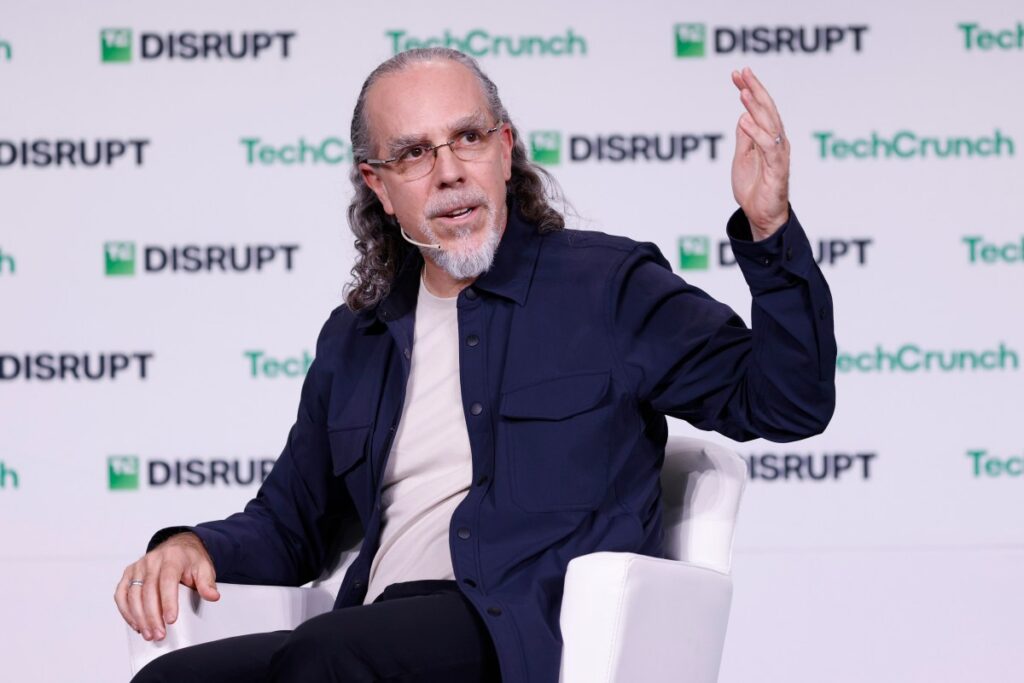Astro Teller, CEO of X, Alphabet’s “moonshot factory” where the company develops nearly impossible things, shared what makes a moonshot and detailed the company’s “fail fast” mantra at the TechCrunch Disrupt 2025 conference on Monday.
Notable companies that started as moonshots from X’s Moonshot factory include Waymo and Wing.
Teller pointed out that Company X has a “2% hit rate,” which means most of what the company tries won’t work, but that’s OK.
He said X defines a moonshot as having three specific components. The first is that we need to try to solve the world’s big problems. Second, you need some kind of product or service that will solve your problem, even if it’s unlikely. Finally, there has to be breakthrough technology that offers a glimmer of hope in solving huge real-world problems.
“If you work at Company X and you come up with a teleporter, you have a hypothesis for a moonshot story. Wow, I have a little money, let’s go see if I can prove it wrong, because it’s probably wrong,” he said. “I don’t want you to make it. I want you to be informed about whether this is truly a once-in-a-generation opportunity. It’s okay if the answer is no.”
Teller went on to say that if someone was proposing a moonshot and it sounded reasonable, the company wouldn’t be interested because by definition it’s not a moonshot. That doesn’t mean it’s a bad idea. That’s not what X is looking for.
“If you propose something and it sounds pretty wild, and it has the three elements I just described, and it’s a testable hypothesis, then if you pay a small amount of money, you can learn something about whether it’s a little bit crazier than we thought, or a little less crazy than we thought,” Teller said. “If it’s a little crazier than we thought, cool, high five, let’s put a bullet in its head and move on. And if it’s a little less crazier than we thought, great, we’ll make a little more money. Find the next opportunity and kill it and do it again.”
Teller emphasized that achieving a moonshot requires equal parts boldness and humility.
“You have to be very bold to embark on a truly improbable journey like this,” he says. “But if you have something other than truly high humility, you will travel gloriously and far on that unlikely journey.”
Company X starts more than 100 things each year, 2% of which exit after five or six years, but 44% of all the money the company spends has graduated to something “very good,” Teller said. That’s because X “kills all the bad ideas pretty early in the process,” he says.
Teller said that people can learn to innovate, and that while we were all creative as children, we end up not learning anything useful or even necessary for radical innovation. But it’s possible to find these things again, he says, by creating an environment where you don’t feel foolish to go looking for them.
Source link

